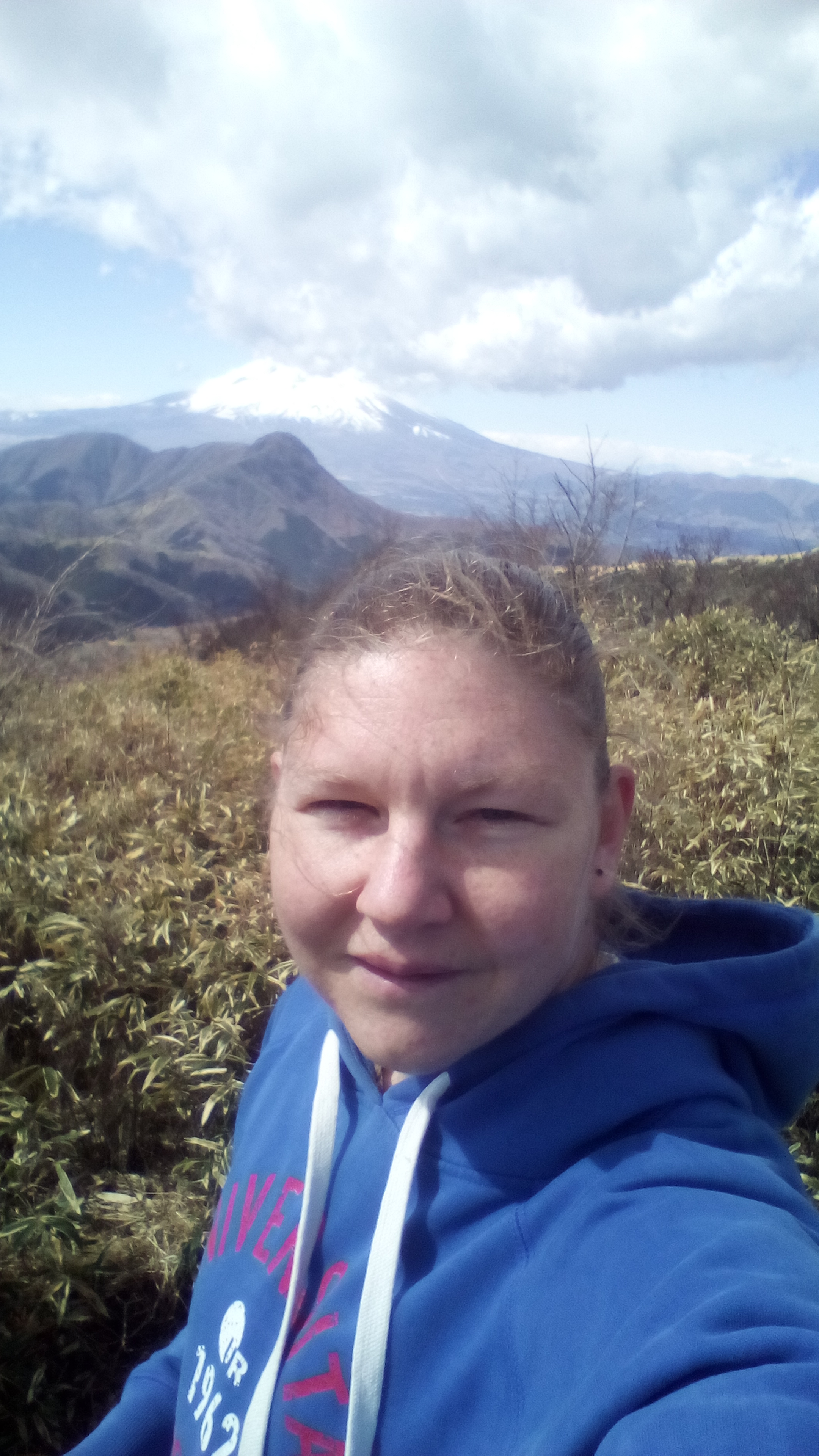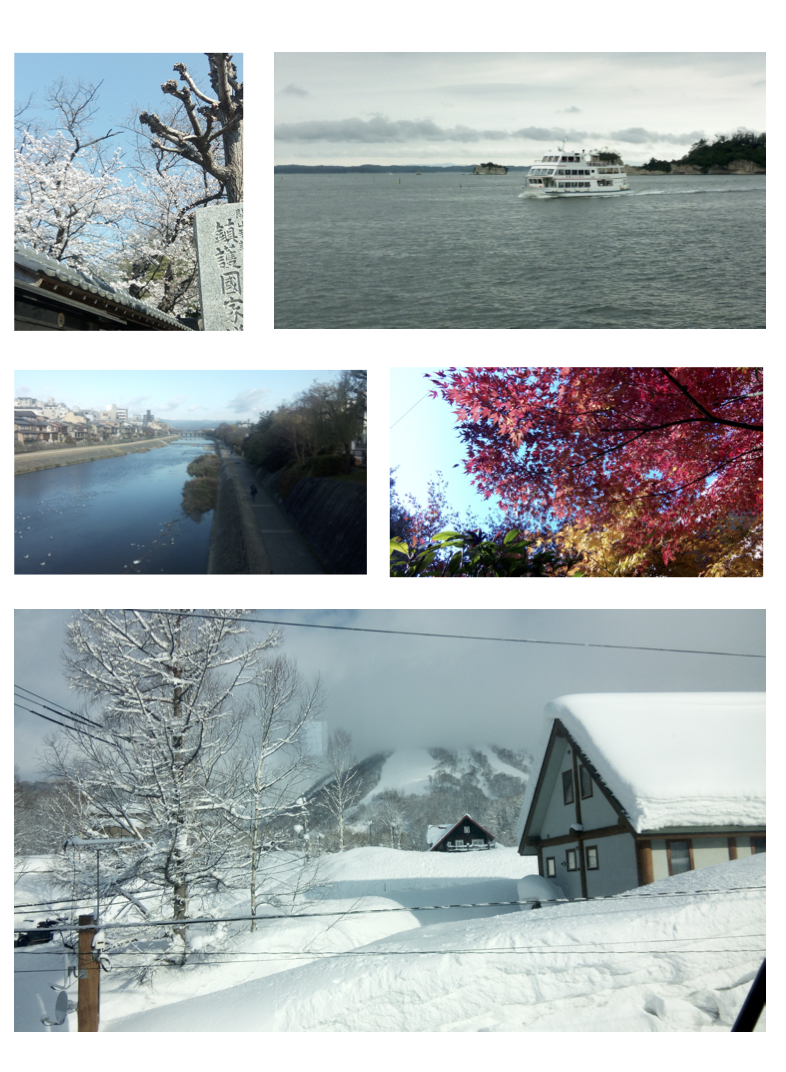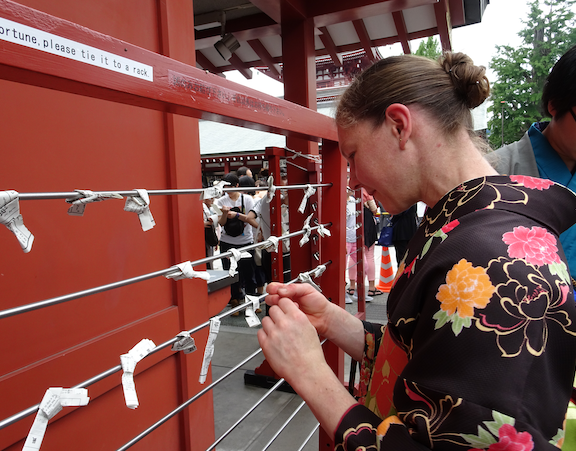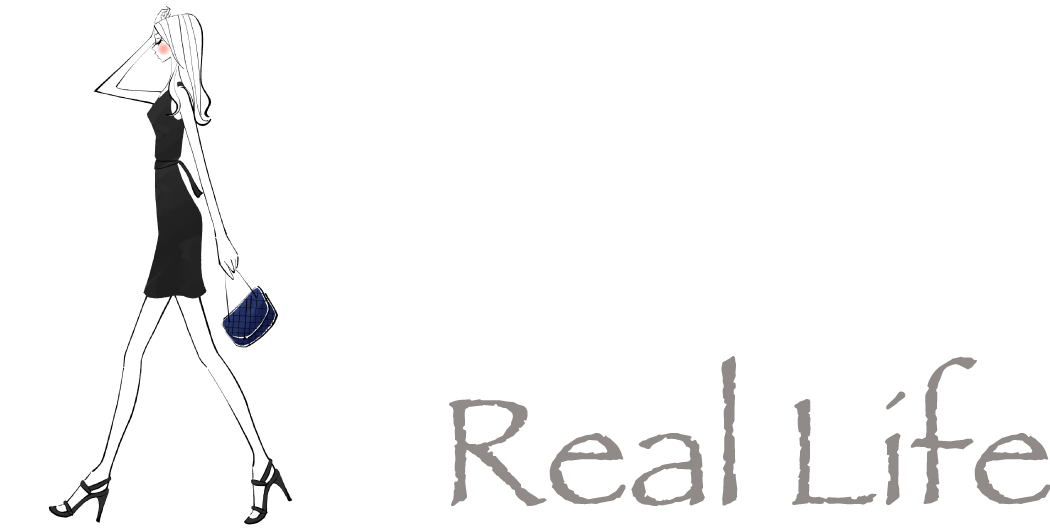Returning to Japan
I am looking out the window, down to the clouds, a white landscape glowing in the sunlight. As the airplane passes over wondrous formations my thoughts wander. I am flying back to Japan, to Keio University, which I called my home for fifteen months not too long ago.
I had earned a scholarship to work on a joint project with a colleague from Keio University. I was anxious and excited. After the hard work which I put into the application, I felt relieved that I was accepted. But at the same time, I questioned whether I would be up to the expectations – by others but even more so the expectations set by myself. When my colleague visited several months earlier, we had devised a well-thought-out research plan for our project, or so we thought. Of course, the way research goes is never straight forward.
Nevertheless, I was enthusiastic and looking forward to our discussions and to advance our project.

But first, something totally different was on my mind: I came to Japan for the first time, barely speaking a word, and even less being able to read the difficult script. I had studied the language a little bit beforehand, not only for practical reasons, but also to show respect to the Japanese people, as they allowed me to live among them and share their lives for a little while. I was worried about misunderstandings, or that I would unknowingly offend someone, as there are so many things in human interactions that one cannot learn from studying in a book. My recipe when entering a different culture or society is usually to be informed as good as possible beforehand, and then to stand back and observe, to imitate what others are doing. If I am not sure how to act, what is expected or what is going on, I can always ask.
But in this case, I wasn’t sure if such a blunt approach would be good.
In hindsight, I wouldn’t have had to worry so much. Everyone I met was very helpful and patient. The process of settling down wasn’t as straight forward, but with need, one learns rather quickly – how to use the washing machine, where to shop for daily necessities, what the kanjis for kitchen cleaner are, what I can find in a 100-Yen shop, or why one should always have an umbrella. I started exploring the surroundings. I was curious about everything, how the houses were built, what plants grow there, what people would typically eat. Of course, food was a big part of my exploring. In the supermarket, there were so many things I didn’t know. But I was determined to try “everything”. As I learned more Japanese, I tried to ask what things were, rather than just choosing anything, or how to prepare something. Sometimes it worked, but often I didn’t quite understand, and just smiled and nodded.
When I had a problem, I always could count on colleagues or the staff at Keio University to help me, whether it was that something at my flat was broken, or I needed to book a hotel for a conference, or I didn’t know how to deal with gokiburi, or I had to go to the doctor.
I was fortunate enough to participate in several conferences and workshops. These occasions were mathematically inspiring and culturally enriching. I often was the only non-Asian person and also at times the only female. While I hope that this will change in the future, this didn’t bother me at that moment. We were there together, because we enjoyed mathematics, and were eager to understand and explore more of the mathematical landscape. This might sound like I am romanticizing, but I think that math can help bridge gaps in society – focusing on something that one is passionate about, lets one forget the differences and prejudices that society, or we ourselves, impose on us.

On such occasions, I had the opportunity to see beautiful cities like Kyoto and Sendai, enjoy seafood in Hakodate, or the pleasures of onsen in Hakone. During a conference, one is surrounded by people most of the time. This is a very stimulating atmosphere but can also be quite exhausting. To counterbalance this, I made sure to get some time by myself. In Kyoto, I made it a habit to walk along the Kamo river in the morning before the conference started. After our meeting in Hakone, I went for a day hike and enjoyed the view on Mount Fuji. In Sendai, I took some time afterwards to visit Matsushima Bay, where I stayed overnight on a lovely island.
Japan is a beautiful country, with many different faces. The changes in seasons are interwoven with daily life. The cold but clear winter months where the sky is so blue, the fresh breeze of spring when the bloom of cherry trees rolls over the country, the rainy season when the air can be heavy, the hot summer months where the days reverberate with the sound of cicadas, and the typhoon season which eventually turns into a colorful autumn. This is a beautiful cycle and I had the impression that people embraced it and went with it, rather than wasting their energy to oppose it. I think this can be an important lesson for life: to accept the things that one cannot change, and concentrate one’s energy on the things that one can control. This can be important especially in mathematics, where research most of the time doesn’t go straight forward, and we have to persevere nevertheless.
Now I am coming back, to work on a follow-up project. This time I will only stay for a couple of months. I am not so nervous anymore, it is a little bit like coming home. Things will have changed a bit during the time I was away, but this is normal, life goes on, people get older, move away. Some of the students I met have graduated and are starting a new life. Maybe some shops closed and others opened.
Everything moves, nothing stays, even though we may not realize it at the moment. This is the flow of life, and it is reassuring.
*The information in this article is as of the time it was written, and may have changed since.
著者略歴

Visiting researcher at Keio University
Mathematical interest: arithmetic geometry
Outside mathematics: I like artistic gymnastics, nature and animals, especially dogs.

